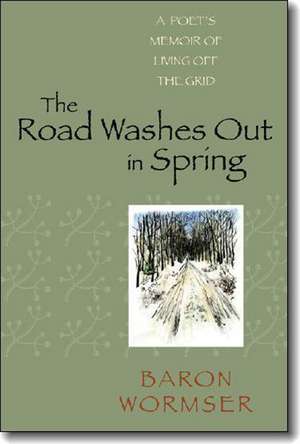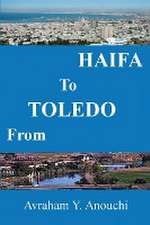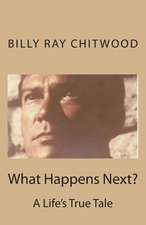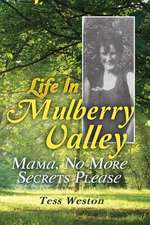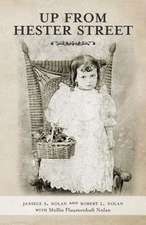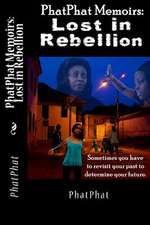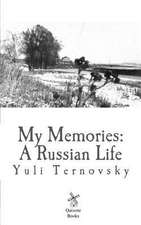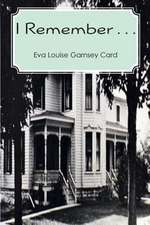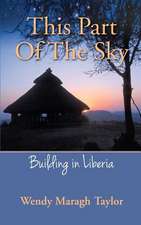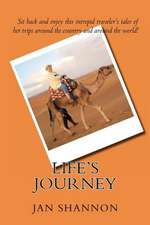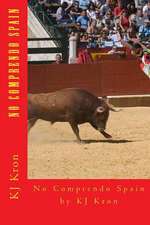The Road Washes Out in Spring: A Poet’s Memoir of Living Off the Grid
Autor Baron Wormseren Limba Engleză Paperback – 29 apr 2008
For nearly twenty-five years, poet Baron Wormser and his family lived in a house in Maine with no electricity or running water. They grew much of their own food, carried water by hand, and read by the light of kerosene lamps. They considered themselves part of the “back to the land” movement, but their choice to live off the grid was neither statement nor protest: they simply had built their house too far from the road and could not afford to bring in power lines. Over the years, they settled in to a life that centered on what Thoreau called “the essential facts.” In this graceful meditation, Wormser similarly spurns ideology in favor of observation, exploration, and reflection. “When we look for one thread of motive,” he writes, “we are, in all likelihood, deceiving ourselves.” His refusal to be satisfied with the obvious explanation, the single thread of motive, makes him a keen and sympathetic observer of his neighbors and community, a perceptive reader of poetry and literature, and an honest and unselfconscious analyst of his own responses to the natural world. The result is a series of candid personal essays on community and isolation, nature, civilization, and poetry.
| Toate formatele și edițiile | Preț | Express |
|---|---|---|
| Paperback (2) | 109.10 lei 3-5 săpt. | |
| University Press of New England – 29 apr 2008 | 109.10 lei 3-5 săpt. | |
| Brandeis University Press – 6 mar 2023 | 159.86 lei 3-5 săpt. | +30.81 lei 7-13 zile |
Preț: 109.10 lei
Nou
Puncte Express: 164
Preț estimativ în valută:
20.88€ • 21.74$ • 17.40£
20.88€ • 21.74$ • 17.40£
Carte disponibilă
Livrare economică 08-22 martie
Preluare comenzi: 021 569.72.76
Specificații
ISBN-13: 9781584657040
ISBN-10: 1584657049
Pagini: 212
Dimensiuni: 152 x 229 x 15 mm
Greutate: 0.32 kg
Ediția:1
Editura: University Press of New England
Colecția University Press of New England
ISBN-10: 1584657049
Pagini: 212
Dimensiuni: 152 x 229 x 15 mm
Greutate: 0.32 kg
Ediția:1
Editura: University Press of New England
Colecția University Press of New England
Notă biografică
BARON WORMSER was Poet Laureate of Maine from 2000 to 2005. He is the author of seven books of poetry, most recently Carthage (2005), and the co-author of two books about teaching poetry. He directs the Frost Place Conference on Poetry and Teaching and the Frost Place Seminar, and he is on the faculty of the Stonecoast MFA program. He lives with his wife in Hallowell, Maine.
Recenzii
“It’s a particularly poetic attention to detail that makes this book an especially memorable read. . . . ‘No one can count all the microcosms at work inside the macrocosms that are the living, breathing world,’ Wormser writes late in the book. That could serve as an apt description of the task he’s set for himself here—this is a book that both evokes a life and is full of life. It’s a difficult book to read without longing for a home with a root cellar and a view of tall trees—power and plumbing optional.”
“All in all, this is the best book about rural New England life since Jane Brox’s Here and Nowhere Else. Its scope is narrow, but its reach is vast. Its short but wide-ranging essays seem like the dozens of jars of canned tomatoes Wormser and his wife put up each year to provide the base of their winter meals, each one carefully, thoughtfully, and lovingly prepared. The order in which they are taken off the shelves does not really matter, but it is evident that each is part of the same impulse of mind and heart and body, and each in return nourishes all three. As such, the book asks to be read slowly, savored, because, as Wormser says of the entire enterprise of living off-grid, ‘There was no sum. Only infinite entries.’”
“His ruminations on crafting poems and thoughtful considerations of the value of literature will be of great interest to readers and fellow writers. Wormser counters any comparisons to Thoreau, and, in fact, has a far greater sense of humor than the iconic backwoodsmen, but his endearing memoir about living simply, yet richly, in woods he clearly loves certainly does extend the tradition Thoreau exemplifies.”
“What separates this memoir from the often clichéd back-to-the-land life story is that the author’s choices are always seen through the lens of language, especially poetry. As he describes the characters who reside in his small community in Maine, the demands of keeping up with kerosene lamps and wild gardens, the dashed hopes for the community library lost to fire, the wear and tear of time, roads, wells, and woods—he never loses the context of literary history. Wormser’s authorial consciousness is permeated with Frost, Keats, Shelley, and the force of Romanticism—the individual’s journey toward and examination of what life ought to be in light of what is.”
“Intelligent and engaging, following no chronology, [The Road Washes Out in Spring] rambles and wanders its way in an almost Byronic fashion, slowly and modestly revealing the making of a poet.”
